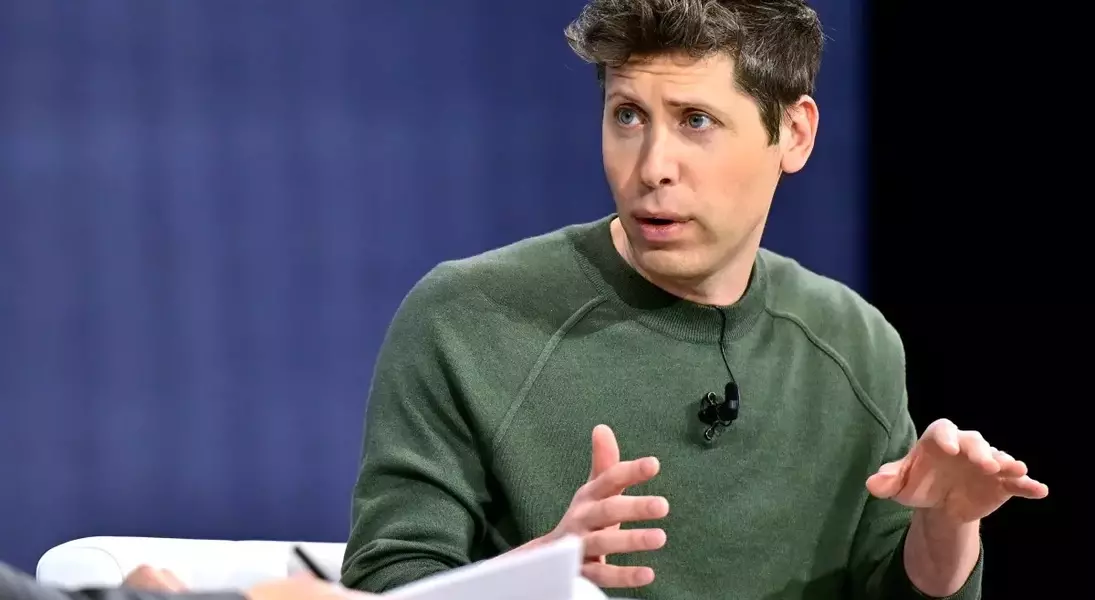
In a significant move that has taken the tech world by storm, OpenAI CEO Sam Altman unveiled Operator, an autonomous AI agent capable of performing tasks on the internet. This announcement coincides with Altman’s other venture, World, which aims to create tools linking AI agents to human online personas. The project seeks to verify that these agents act on behalf of real individuals, addressing the growing challenge of distinguishing between humans and AI in the digital realm. While Tools for Humanity, the organization behind World, has faced controversies and changes in direction, it is now focusing on human verification through blockchain technology. This shift includes scanning users' eyes to generate unique identifiers, ensuring they are indeed human. The integration of AI agents into everyday interactions represents a major shift in how businesses and platforms operate, potentially revolutionizing user engagement.
Exploring the Future of AI and Human Verification
In the heart of Silicon Valley, during a pivotal moment in October 2024, OpenAI CEO Sam Altman introduced Operator, an innovative AI agent designed to navigate the web autonomously. This launch marked a turning point in AI technology, as Operator can perform tasks on behalf of users without direct human intervention. Meanwhile, Altman’s other ambitious project, World, led by Chief Product Officer Tiago Sada, is pioneering tools that link AI agents to human identities. Initially known as Worldcoin and focused on cryptocurrency, the project has since pivoted to concentrate on verifying human presence on the internet.
World’s approach involves scanning a person’s eyeball using a specialized device, creating a unique identifier stored on the blockchain. This ensures that online actions attributed to a person are genuinely authorized by them. Sada emphasized the importance of delegating proof of personhood to AI agents, allowing these entities to represent humans in various online activities. By integrating this technology, websites and platforms can verify that an AI agent acting on someone’s behalf is legitimate, enhancing trust and security in digital interactions.
The implications of this technology extend beyond mere verification. Businesses like Uber, Instacart, and DoorDash are already collaborating with OpenAI to allow its Operator agent to use their services. This collaboration signifies a shift towards a future where AI agents facilitate user interactions, increasing efficiency and expanding service reach. However, concerns about potential misuse, such as DDoS attacks or scams, remain. By carefully managing the number of AI agents linked to each individual, businesses can mitigate these risks while benefiting from enhanced user experiences.
Altman’s ventures, including his nuclear fusion startup Helion Energy and longevity research firm Retro Biosciences, illustrate a vision where AI plays a central role in shaping the future. As OpenAI continues to innovate, the integration of World’s verification tools could become crucial in ensuring the integrity and authenticity of online interactions.
From a journalist's perspective, the convergence of AI and human verification marks a critical juncture in the evolution of digital technology. It raises important questions about privacy, security, and the boundaries between human and machine. As we embrace this new era, it is essential to strike a balance between innovation and safeguarding the integrity of our online world. The work being done by Altman and his teams at OpenAI and World offers a glimpse into a future where AI and humans coexist harmoniously, transforming how we interact with the digital landscape.
